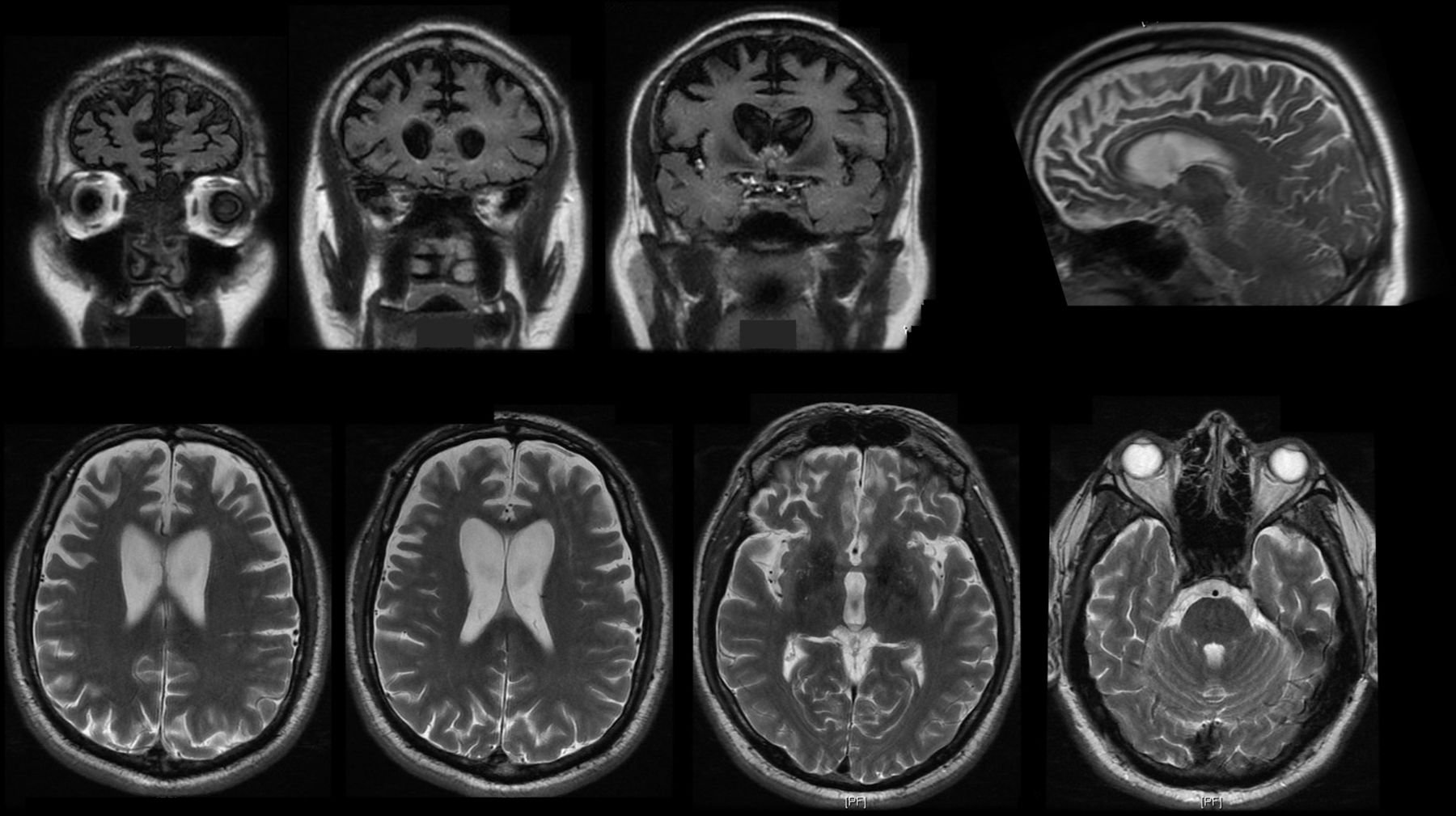Bruce Willis' Dementia Update: Family Speaks Out

Bruce Willis' family has provided updates on the actor's health, revealing a progression of his condition from aphasia to frontotemporal dementia (FTD). The announcement in March 2022, signed by Willis' wife Emma Heming Willis, ex-wife Demi Moore, and their five daughters, detailed his aphasia diagnosis and subsequent retirement from acting. A year later, Heming Willis shared that the diagnosis had progressed to FTD, a less predictable form of dementia.
Recently, daughter Rumer Willis stated that her father is "doing great," offering a positive update on his condition. However, a board-certified doctor, Dr. Marchelle Hofeldt, speaking to the Mirror US, detailed the complexities of FTD. She explained that FTD is a group of brain disorders affecting the frontal and temporal lobes, leading to brain shrinkage and progressive symptoms. These symptoms vary widely depending on the affected brain areas and can include changes in personality, social interaction, and speech.
Dr. Hofeldt highlighted that FTD's progression is less predictable than other forms of dementia, with periods of symptom stabilization interspersed with worsening. Behavioral changes may involve impulsivity, emotional indifference, repetitive actions, or dietary alterations. Executive functions such as planning and problem-solving can also be impaired, although memory and information processing may remain unaffected initially. The doctor noted that FTD primarily impacts speech and behavior, with potential effects on movement and self-control due to nerve loss in the frontal lobe and impairments in language comprehension and emotional expression from damage to the temporal lobe.
The disease's life expectancy varies significantly, ranging from less than two years to more than ten, with an average of 7.5 years. Death is typically not directly caused by FTD, but rather by complications such as pneumonia, often stemming from swallowing difficulties. FTD predominantly affects those aged 45-65, though it can occur earlier or later, and affects men and women equally. While genetic factors play a role in some cases, the majority of FTD diagnoses have no known family history of dementia. Dr. Hofeldt stressed the importance of caregivers and highlighted the lack of a cure, although treatments to manage symptoms exist. She also noted FTD's underreporting due to diagnostic challenges. Despite being considered rare, it’s the leading type of dementia in younger adults.









